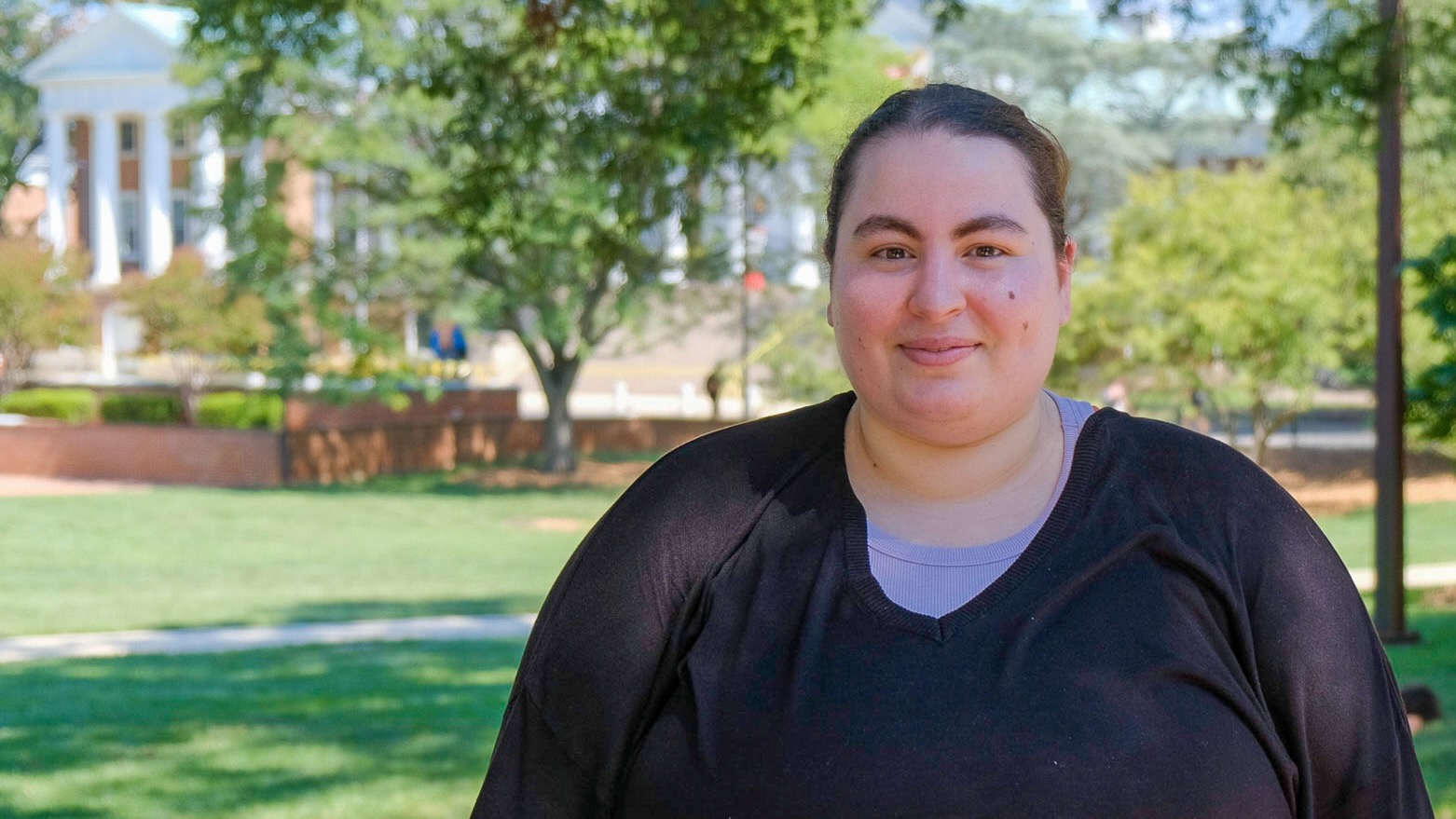Meaning Meeting - Sarah Boukendour / Is von Fintel wrong about Conditional Perfection?

Meaning Meeting - Sarah Boukendour / Is von Fintel wrong about Conditional Perfection?
Linguistics | Philosophy
Tuesday, March 12, 2024
12:30 pm - 2:00 pm
Marie Mount Hall, 1108B
(1) If you make me coffee, I'll give you a cookie
(2) Only if you make me coffee will I give you a cookie. This phenomenon, where a conditional of the form "if A, B" carries an implication of exclusivity (i.e., A if and only if B), has been dubbed Conditional Perfection (CP) in the literature. CP is not considered part of the semantic (or literal) meaning of "if" but rather a pragmatic inference. The question is then, what aspects of discourse trigger this inference?
Von Fintel (2001) attributes CP to an exhaustification mechanism, proposing that CP occurs when a conditional is taken to be an exhaustive answer to a(n implicit) question about B in the discourse (e.g. How B? ). In this talk, I will show that there exists discrepancies between the predictions made by vF's account and speaker intuitions, and argue that it is therefore necessary to examine the influence of other aspects of discourse on CP.

